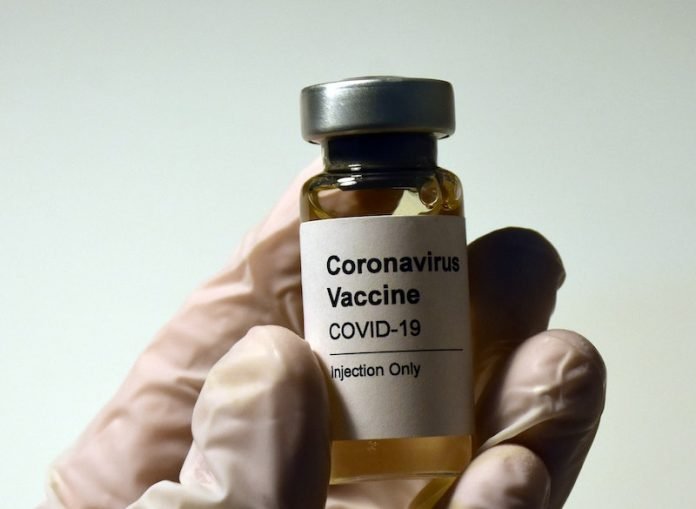
In a new study, researchers found that COVID-19 vaccines are not getting out soon enough nor in adequate supplies to most regions, but there may be a larger underlying problem than shortages.
They found that more than a third of people nationwide are either unlikely or at least hesitant to get a COVID-19 vaccine when it becomes available to them.
About 14.8% of respondents were unlikely to get vaccinated and another 23% were unsure about it.
The results are from the public polling of more than 800 adults nationwide.
The research was conducted by a team at the University of California, Davis.
In the study, participants were recruited from the United States through an Internet survey panel of 2.5 million residents developed by a commercial survey firm.
Researchers checked the people’s intention to vaccinate; demographic and health status profile of individuals least likely to vaccinate; general vaccine knowledge and vaccine conspiracy beliefs; and the role of media and partisan politics played in their resistance to vaccination.
They found demographic characteristics, vaccine knowledge, perceived vulnerability to COVID-19, risk factors for COVID-19, and politics likely contribute to vaccination hesitancy.
Demographic predictors of the likelihood of being vaccinated against COVID-19 included having an income of $120,000 or higher or being a Democrat (in comparison to the reference category Republican).
The members of three political groups—Democrat, Republican or Independent—did not differ in their reported vaccine knowledge, however.
One-fourth of those identifying with no political party reported they were not likely to get vaccinated.
The media had an effect too. Respondents relying primarily on social media for information about COVID-19 anticipated a lower likelihood of COVID-19 vaccine acceptance.
Those reporting getting their information from various other media did not show significant differences in vaccine acceptance, but viewers of Fox News did report being more hesitant than viewers of other broadcast news.
The team noted that it is possible that people gravitate toward the cable news networks that present a view on the pandemic that is aligned with their own opinions.
Media reports have regularly noted that men, adults age 65 and over, and individuals with pre-existing conditions are most vulnerable to COVID-19, and respondents from these groups said they were more likely to accept a future vaccine in this survey.
A majority of the least-educated respondents did not expect to get vaccinated against COVID-19.
The top four reasons given for vaccination hesitancy were as follows: concerns about vaccine side effects, worries about allergic responses to the vaccine, doubts about vaccine effectiveness and a preference for developing immunity through infection.
Other reasons were less frequently cited—including being healthy, fear of needles, being immune from past infection, being young and lack of concern about developing a serious illness.
The team also found a greater likelihood of COVID-19 vaccine acceptance was linked to more knowledge about vaccines, less acceptance of vaccine conspiracies, elevated COVID-19 threat appraisals and being current with influenza immunization.
One author of the study is Jeanette B. Ruiz, an assistant professor of teaching communication.
The study is published in Vaccine.
Copyright © 2021 Knowridge Science Report. All rights reserved.



